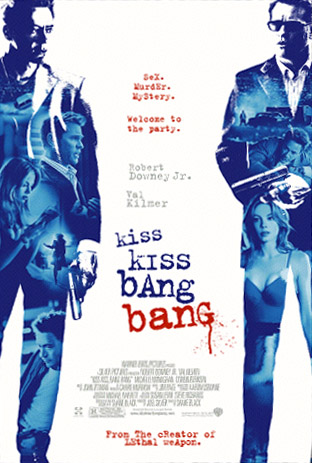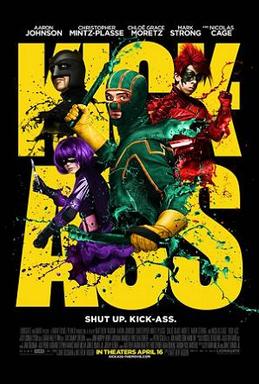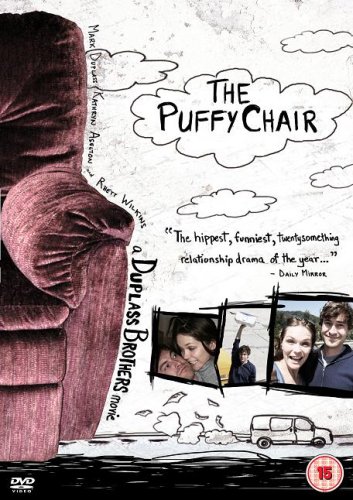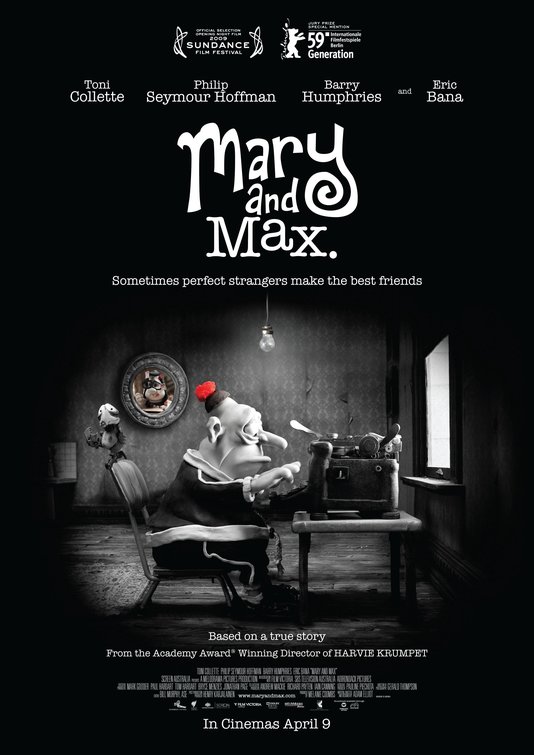
Back when I first got into film, I used to idolize the Coen brothers. They were the epitome of cinema, to me, and could do virtually no wrong. It wasn't until later, when I became familiar with great directors like Kubrick or Bergman, that I realized that the Coens weren't exactly fantastic. They've made plenty of great films, but they've also made their share of mediocre to average stuff. Burn After Reading would have to fall under the category of their lesser films. It's still pretty decent, thanks to the Coens' masterful writing skills, but the characters are only viewed from a cold distance.
The film follows an ensemble cast of middle-aged morons that all come from completely different backgrounds. Some are womanizers, some are shallow fitness trainers, and some are ex-government agents. Under normal circumstances, these people would have never met each other. However, as this a film, a MacGuffin arrives to unite our cast - the former agent's encoded memoir. When the disc containing this memoir is found in a local gym, trainers Lynn and Chad believe that the disc contains classified government secrets. The two decide to use the disc as blackmail while Cox, the former agent, can only wonder what's going on. There are plenty of other plot threads as well, such as Mrs. Cox's affair with a bumbling treasurer and Lynn's plans to re-invent her body through several expensive cosmetic surgeries.
The film's best feature is its well-written screenplay. The Coens have always been known to write fascinating characters and sharp dialogue, and this film is no exception. The dialogue is clever in its humor and showcases the personality of each character. Not only that, but the dialogue is also very realistic and gives a sense of depth to the film. Each cast member certainly has a vibrant persona and the Coens know how to display that with their well-crafted and eccentric dialogue.
Now, while the characters are original and fascinating, we don't really get to connect with any of them. The film views its characters and plot very coldly. So coldly, in fact, that it feels like the entire film is trying to be distant from the audience. We see these characters interact with each other and their environment, but it's the equivalent of watching bizarre strangers at the airport. They look and sound interesting, but we don't know them at all.
The cinematography makes up for it (a little bit). The camerawork is smooth and transitional, as a good film should be, and the Coens' typical talent can be seen quite clearly. The image looks nice as well, though I'm unsure how I feel about the use of the RedEye camera. The quality is very high, yes, but it seems to lack a colorful lifeness to it. This could've come in handy in a film that feels as distant as this one. Regardless, the cinematography is impressive and is visually-pleasing.
It should be noted, however, that the film might be the Coens' smuggest movie to date. They came off as slightly smug in films like Raising Arizona and Fargo (to an extent), but this film takes the cake. It took me a few days to realize this, but it's obvious when you give the matter a bit of thought. According to the film, everyone is an idiot. That's the basic premise and theme of the movie. Government officials, fitness gurus, middle-class citizens - you name it. The Coens are capable of poking fun at everybody except themselves. Women are only focused on physical beauty, apparently, but the intellectual isn't ever wrong? I call shenanigans. The film's smugness is off-putting and really dampers the film. It doesn't make much sense to me either, as the Coens' succeeding film - A Serious Man - is very emotionally raw and thought-provoking.
There are some good elements in Burn After Reading - clever writing, good cinematography, fascinating characters, etc. However, the film's lack of warmth and smugness really hurts the overall film and it lowers the film's quality to a status of "decent".

















